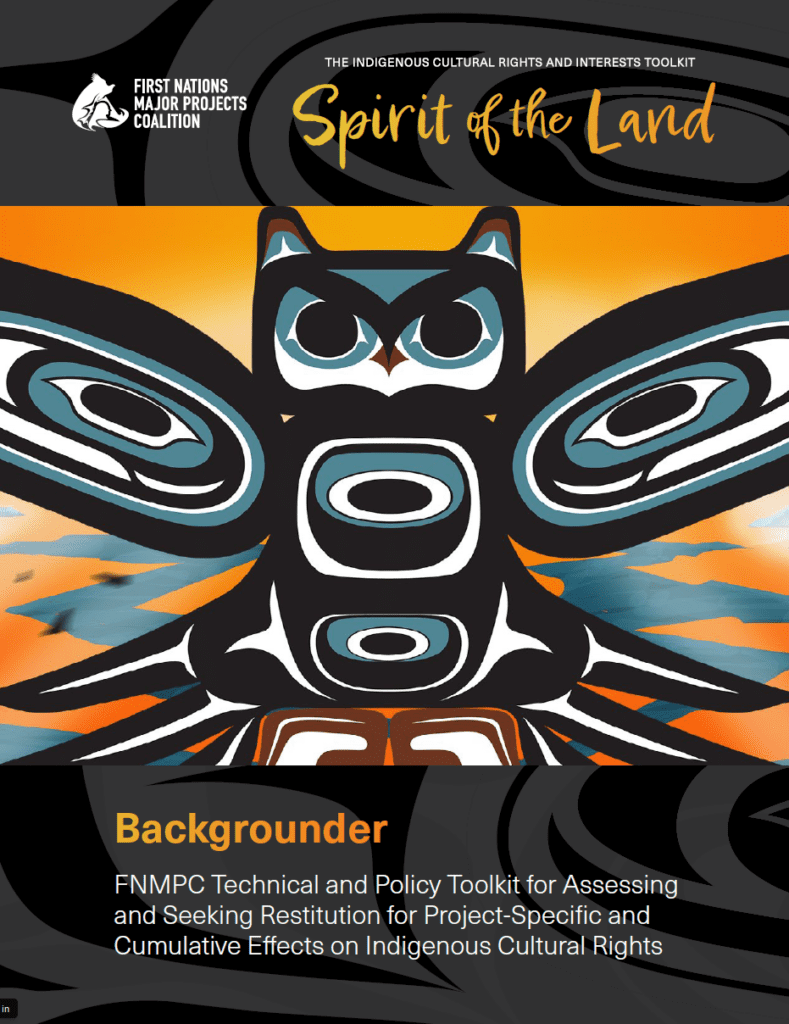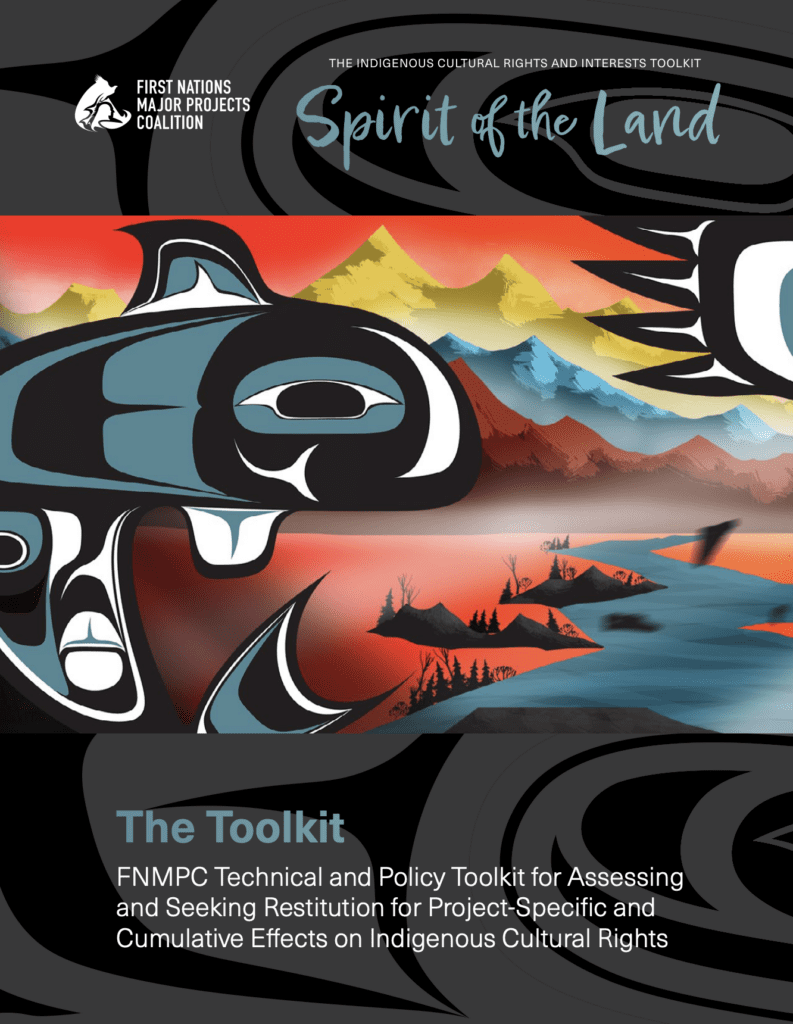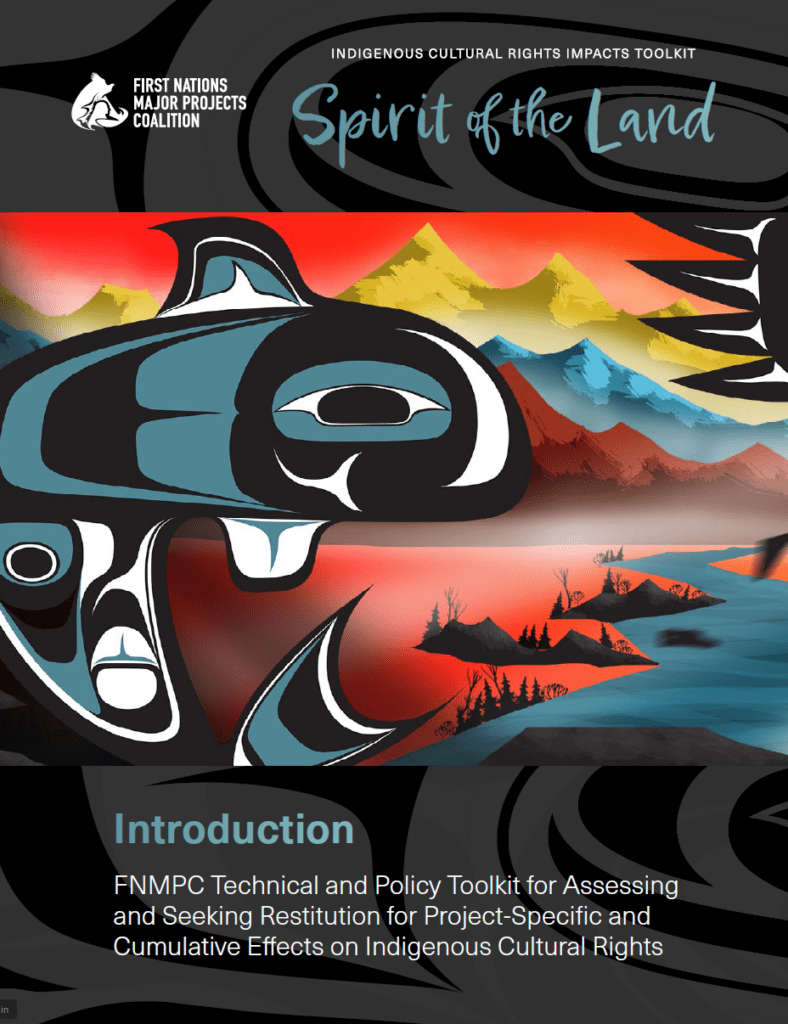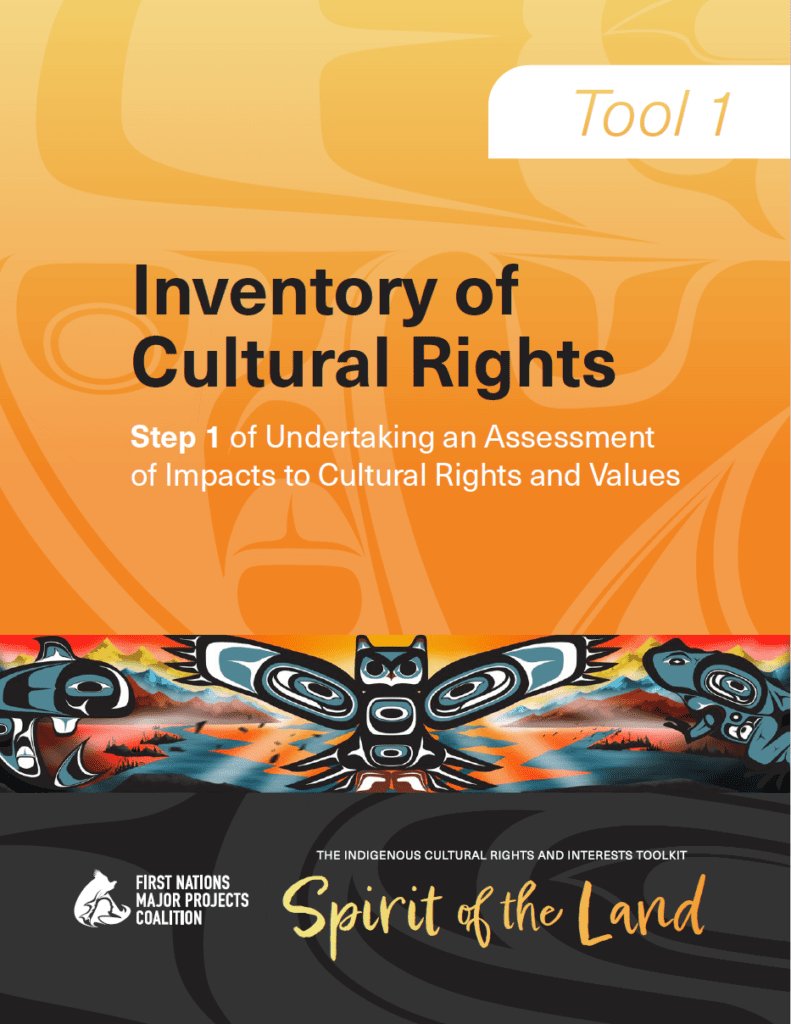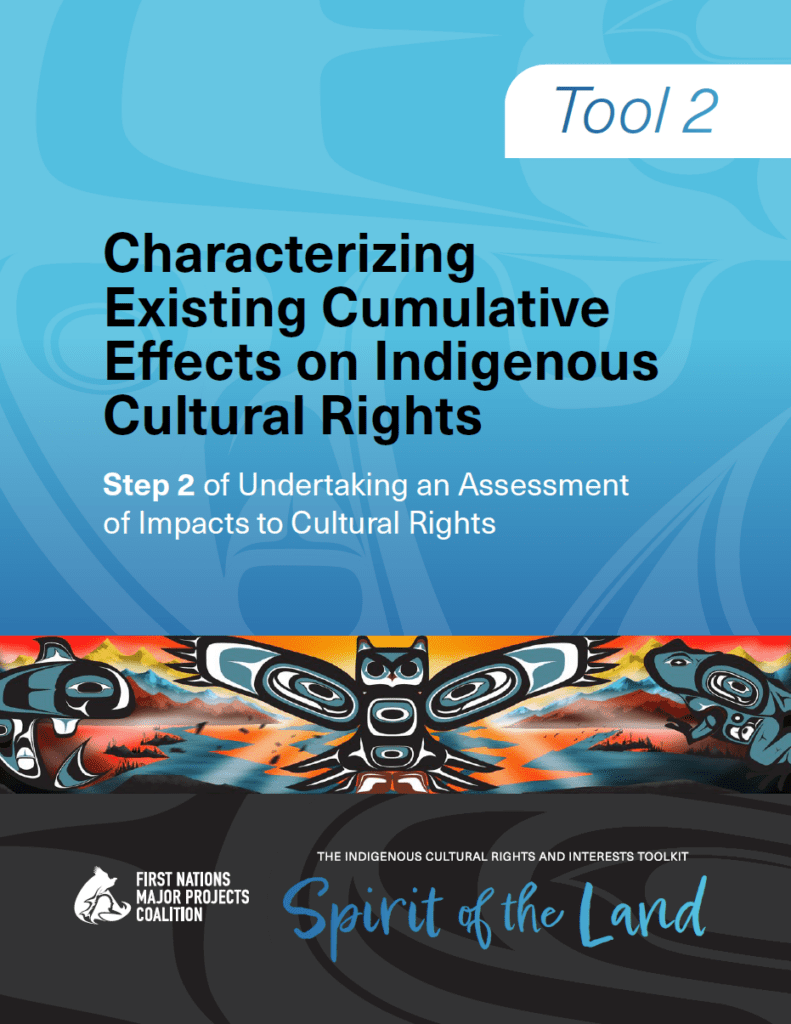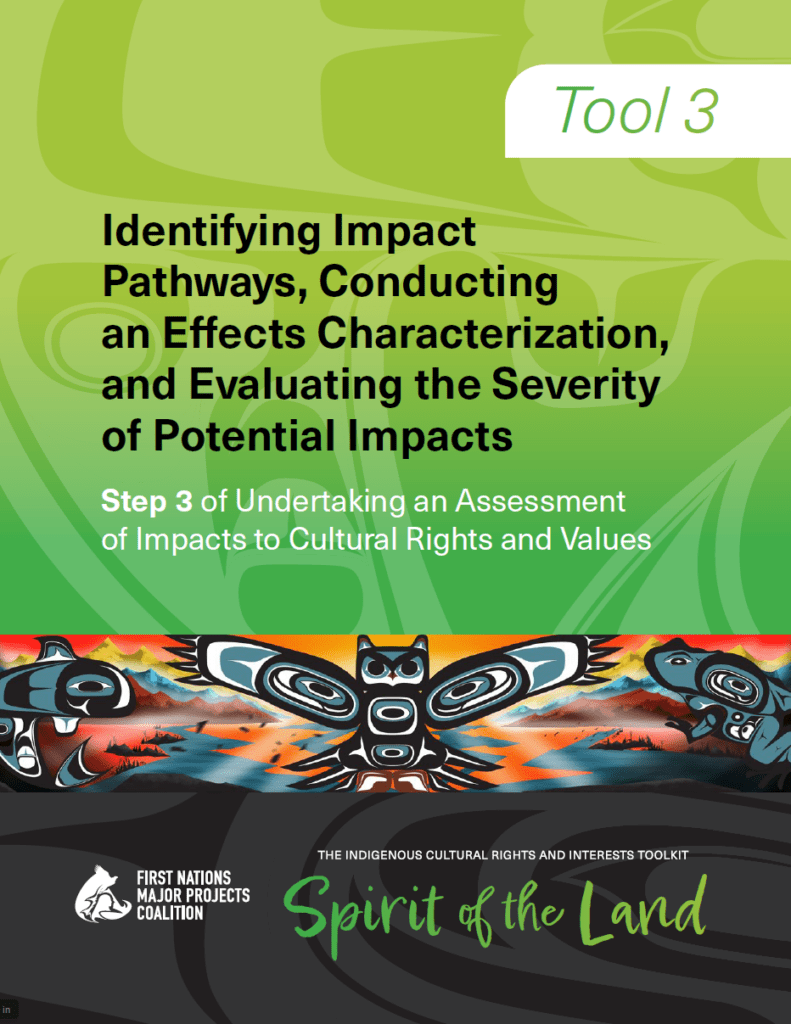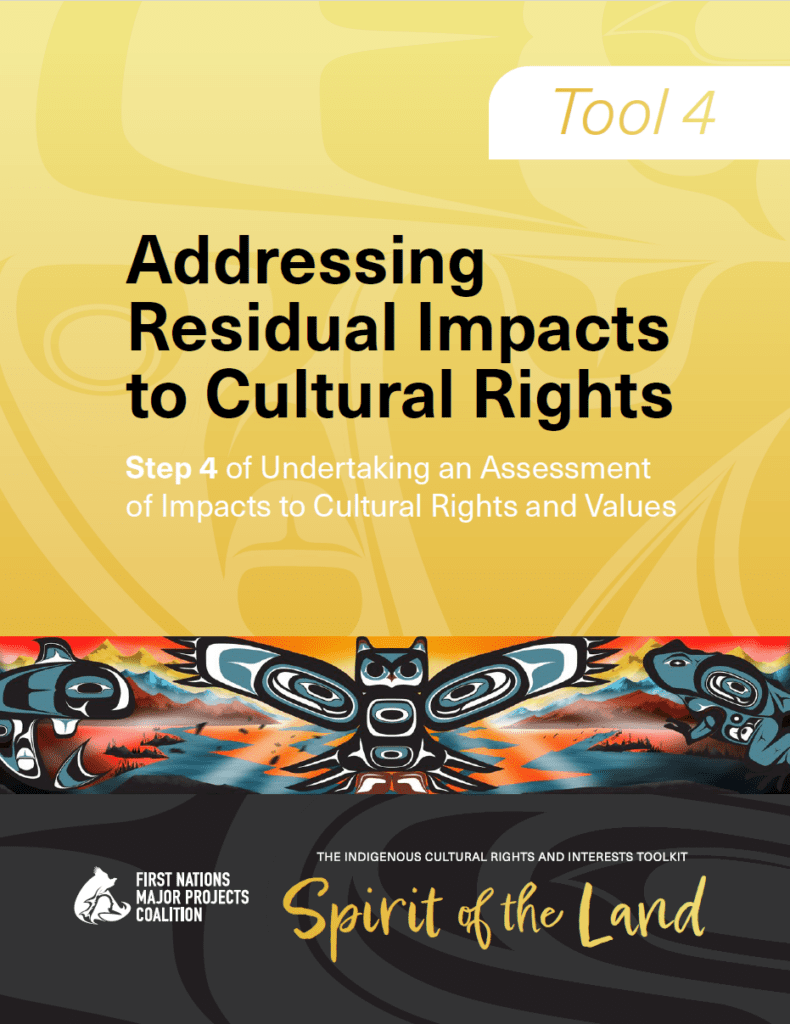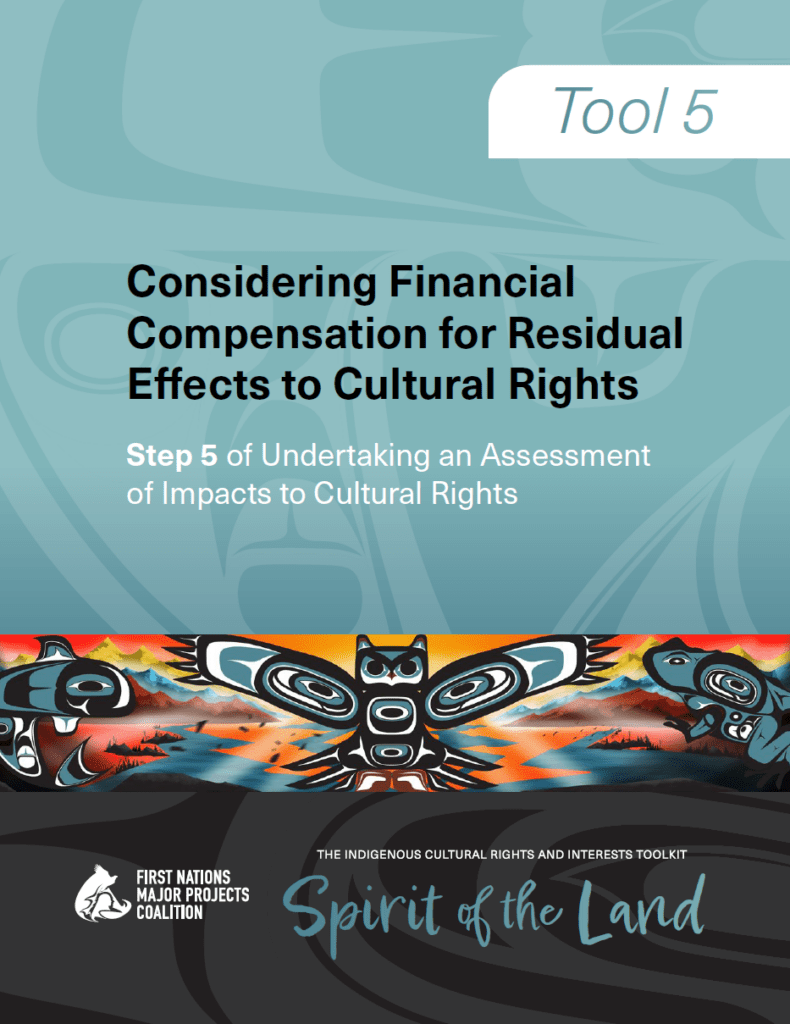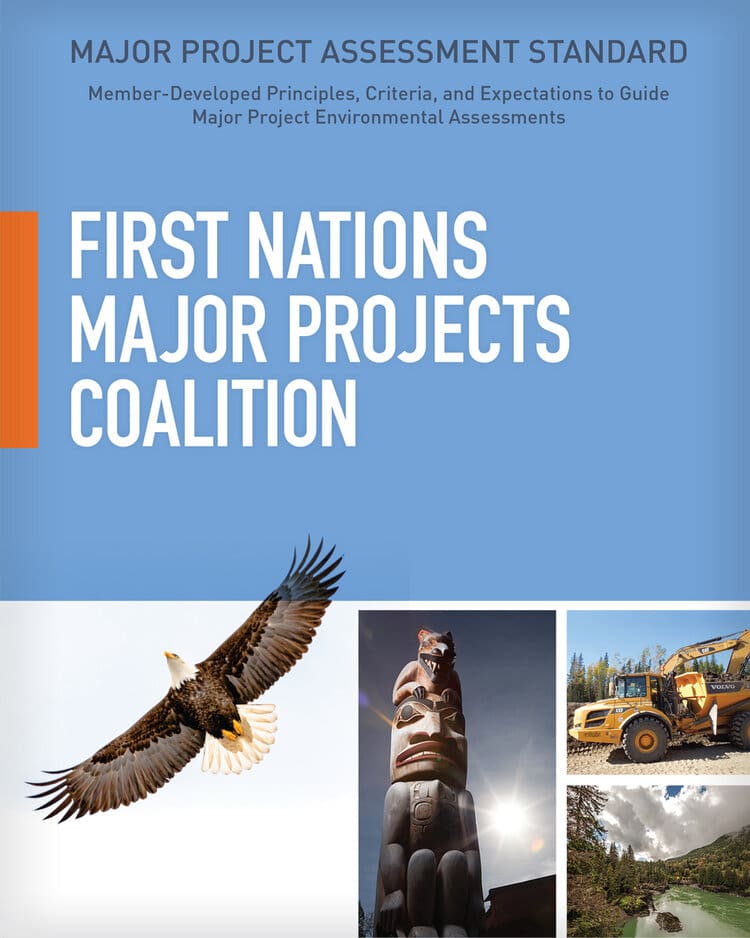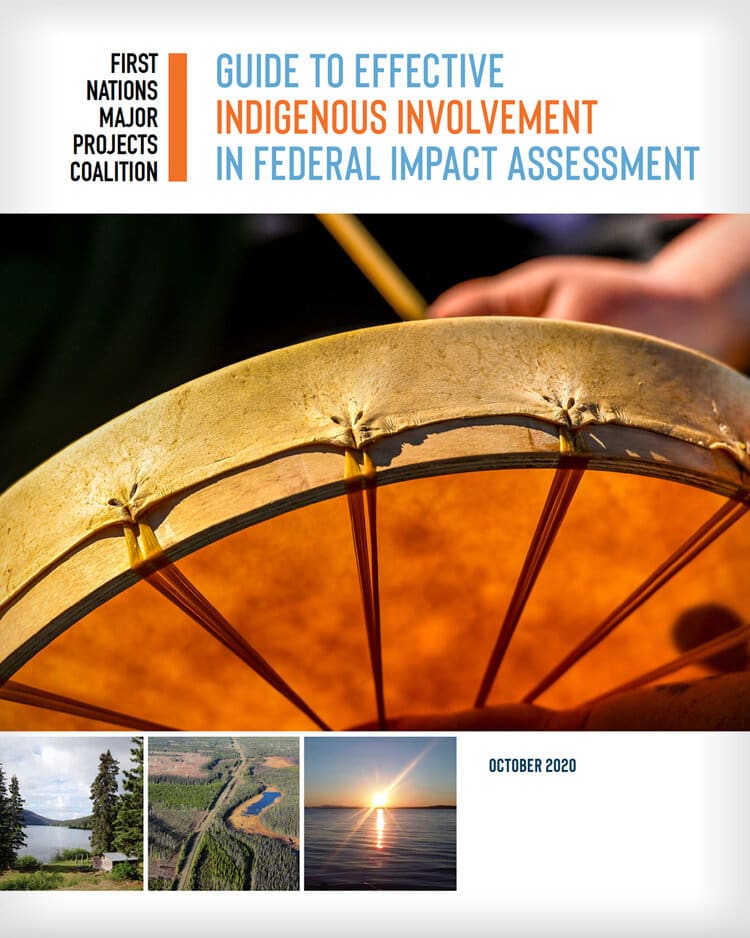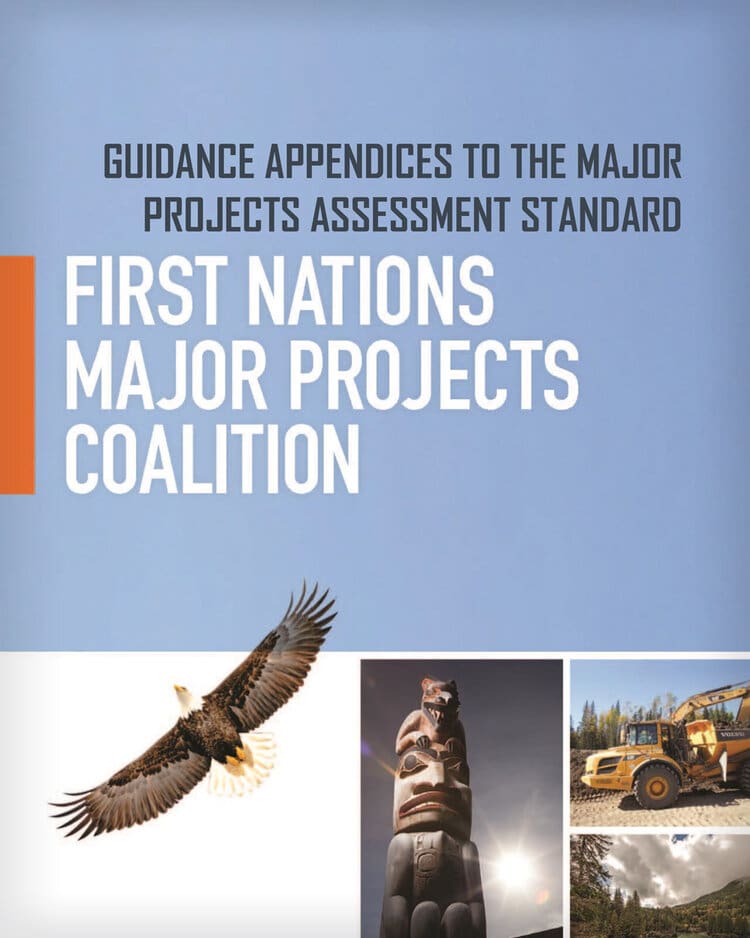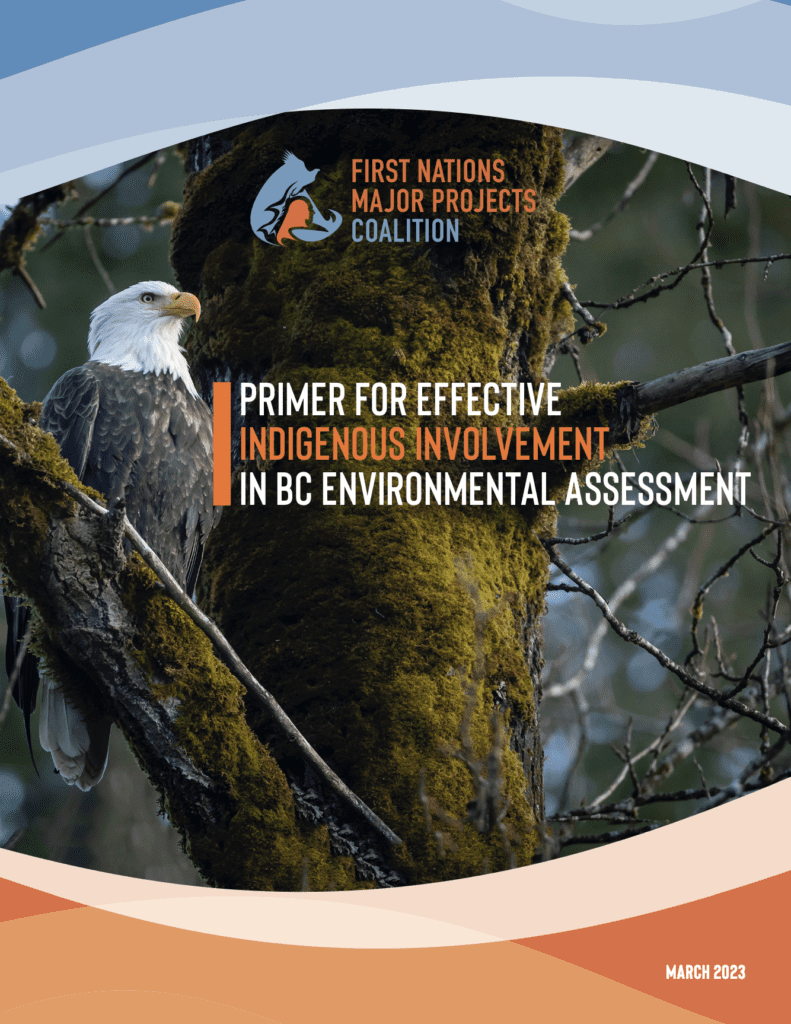Environmental Tools
Rethinking Indigenous Engagement in Major Projects
Don’t Tickety Box Me
A dedicated campaign to increase awareness, inspire dialogue, and promote advocacy for First Nation cultural rights in the context of infrastructure, energy, and resource development.
Features
FNMPC has developed a suite of tools and resources that challenge outdated consultation practices and offers solutions rooted in First Nations values — essential to building successful and defensible projects in Canada.
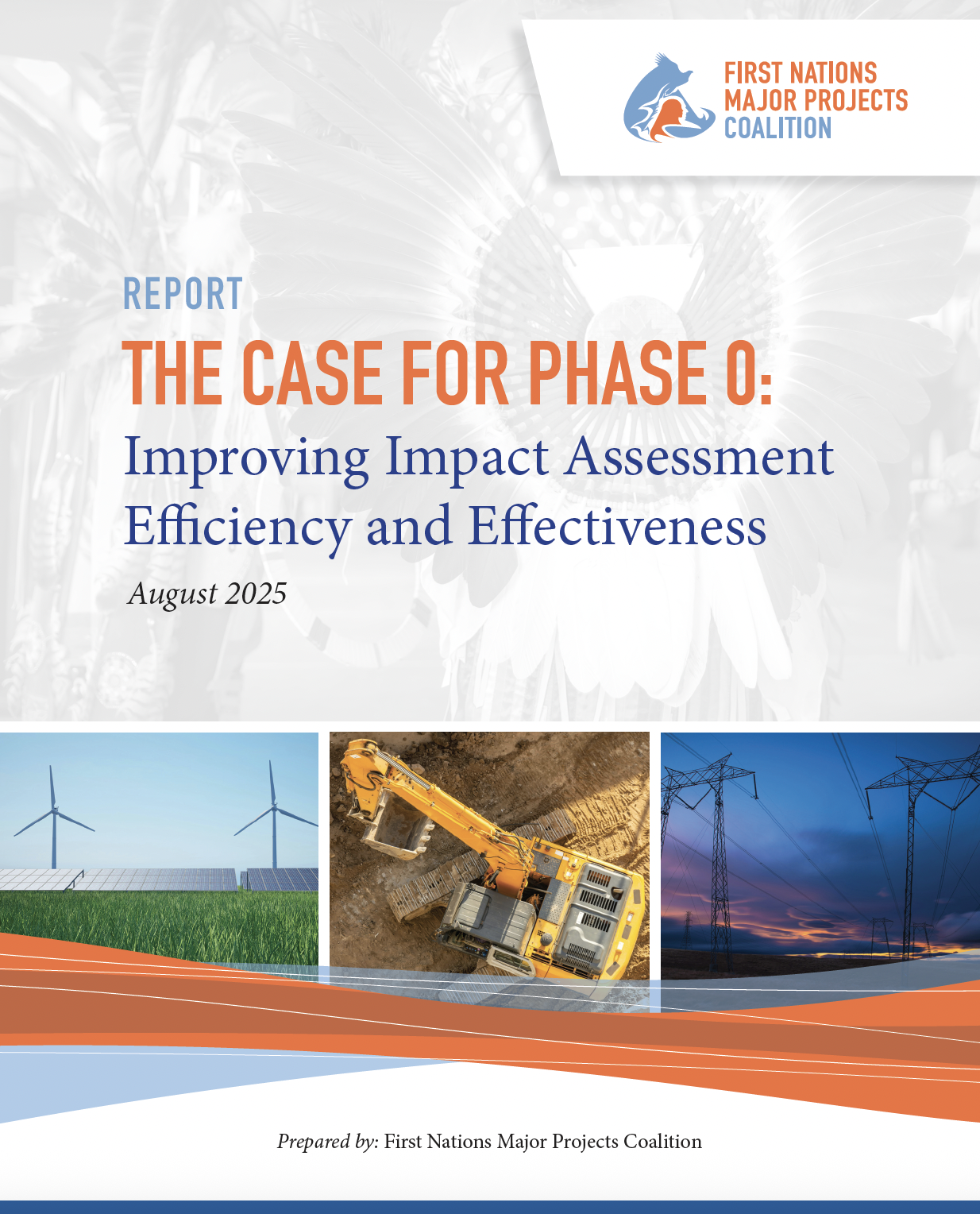
How can Canada achieve reconciliation with First Nations while increasing the pace of impact assessment (IA) and regulatory processes that require deep capacity, trust, and relationship building?
This report goes below the surface of this debate to identify options for improving the efficiency and effectiveness of impact assessment (IA) and related regulatory processes carried out for major projects that impact First Nation rights, interests, lands, and waters.
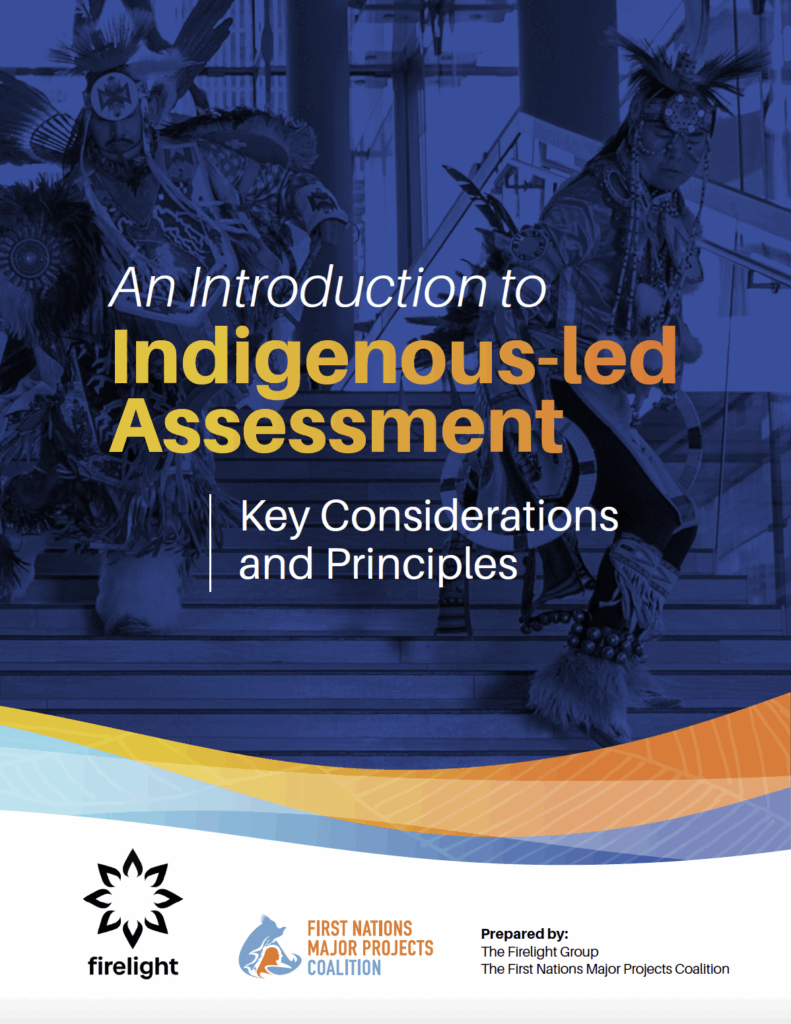
This guide is developed for Indigenous nations, First Nations, Métis, and Inuit governments, that are considering Indigenous-led assessments (ILA) for major projects. ILAs provide a tool that can assist Nations to become informed about the project and its impacts and offers a way of engaging with their communities, external stakeholders, the Crown, and project proponents.
Spirit of the Land
The Indigenous Cultural Rights and Interests Toolkit (“ICRIT”, or the “Toolkit”) represents a series of integrated policy and technical guidance (“Tools”) for characterizing and exploring compensation for project-specific and cumulative effects on Indigenous cultural rights, in support of consent-based decision making on major projects and the protection and promotion of Indigenous cultural rights.
The backgrounder is designed to be read alongside the Indigenous Cultural Rights and Interests Toolkit. This backgrounder represents a summary of literature pertaining to cultural rights, cultural impact assessment, and ways in which restitution measures can be applied to residual cultural impacts. It is intended to provide an overview of key concepts, ideas, challenges, and possibilities for assessing project-specific and cumulative effects on Indigenous cultural rights and values (“cultural rights”). While not exhaustive, the information contained within this backgrounder forms the foundational body of knowledge on which the Toolkit has been developed.
The Spirit of the Land Toolkit can be downloaded as one large PDF or as separate segments.
More Tools
We know that the environment is inextricably connected to everything that we do and that in order for any major project to obtain First Nations support and consent, it must firstly meet our standards of environmental stewardship.
At the FNMPC, we support these inherent responsibilities and work to develop resources for our Members and First Nations across Canada to be able to support their needs in addressing their environmental stewardship concerns as they relate to major project development. We create tools for First Nations by First Nations to solve experienced problems that groups are facing when up against major projects.
The Coalition is a resource that can assist First Nations with this work of being able to uphold their stewardship responsibilities while considering the economic benefits of major projects in their territories. Through our resource development, we strive to ensure that an Indigenous worldview is at the center of environmental assessments and consent-based decision-making.
Navigating the Federal Impact Assessment
The following 8-part video series is designed for technical staff and leadership of First Nations who are looking for ways to make the most of the new Federal Impact Assessment process and gain a greater degree of control when major projects are proposed within Nations’ traditional territories. Ultimately, the videos seek to empower Indigenous Nations to take advantage of new opportunities that exist within the new Impact Assessment process, supporting effective involvement and advancing the rights and interests of First Nations within the process.
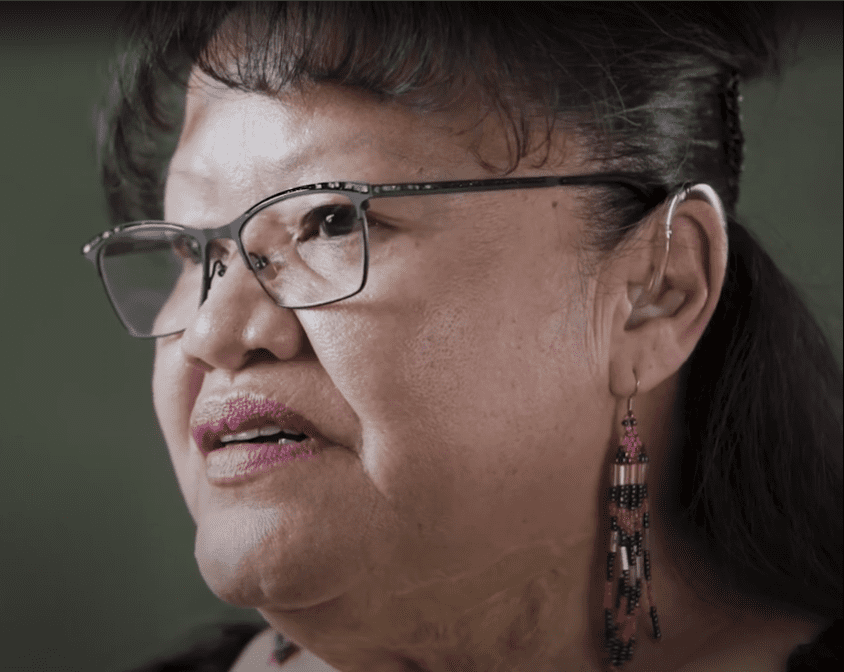
Episode 1
What's New in the Federal Impact Assessment Process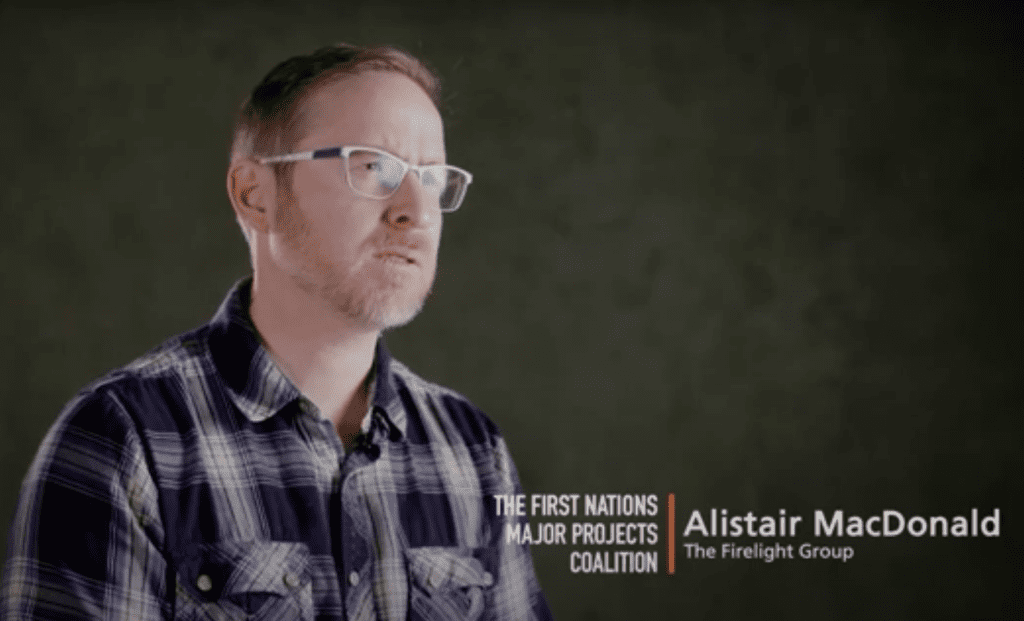
Episode 2
Influencing Project Design Early in the Process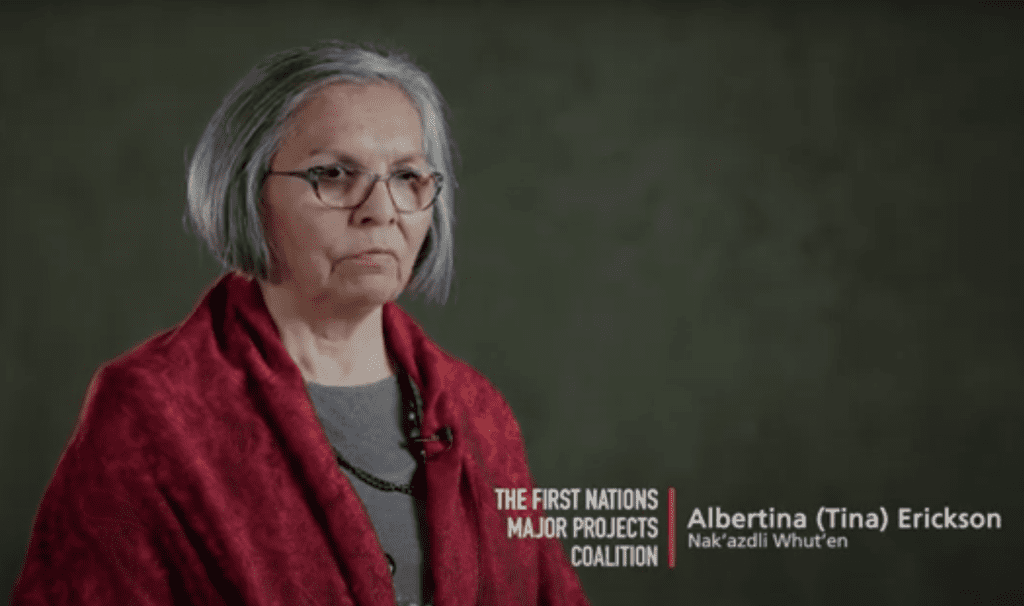
Episode 3
Establishing Relationships with Government and the Proponent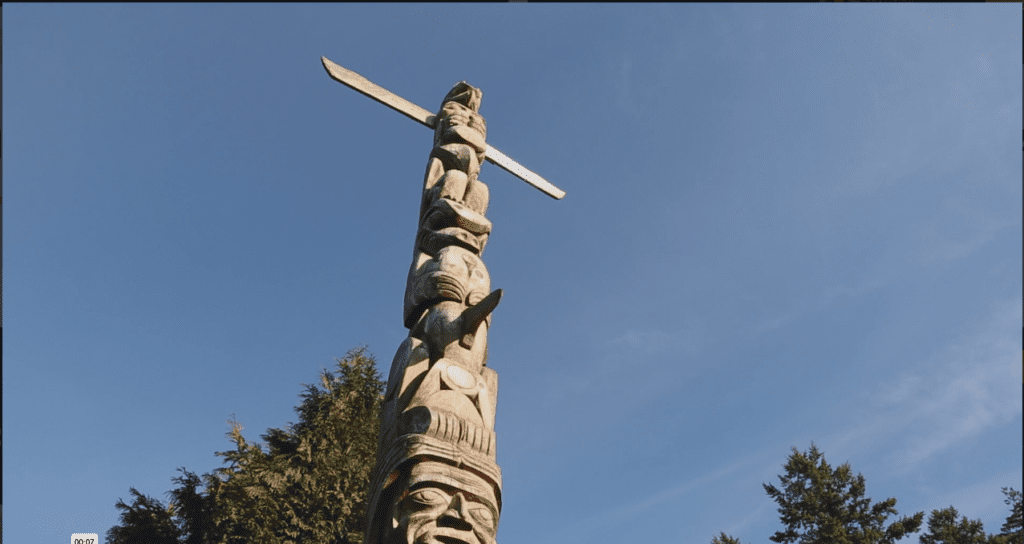
Episode 4
Taking the Lead: Indigenous-Led Studies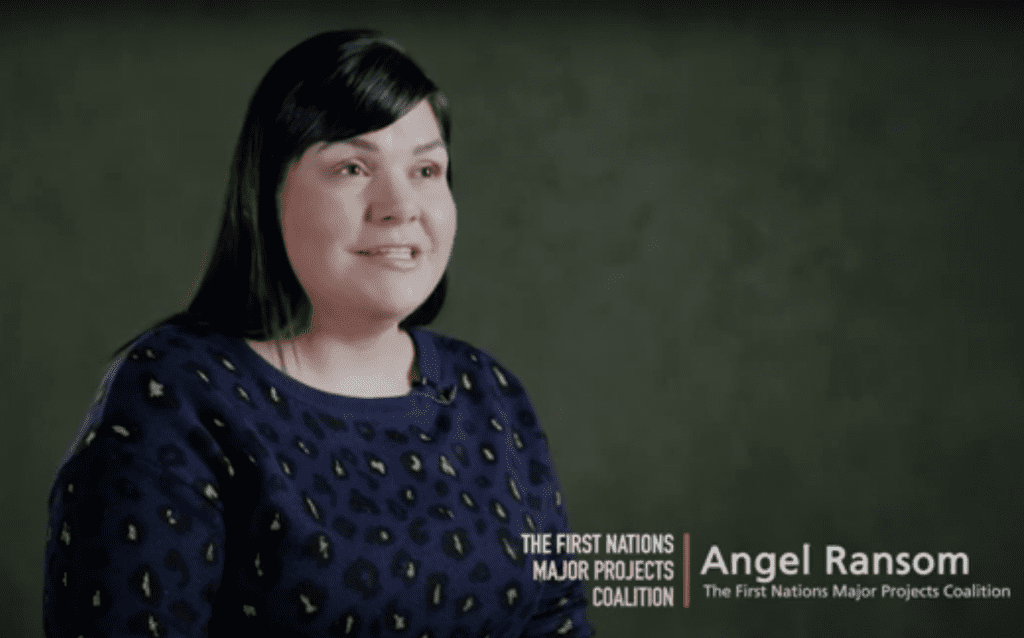

Episode 5
Meaningful Consideration of Indigenous Knowledge



Episode 6
Cumulative Effects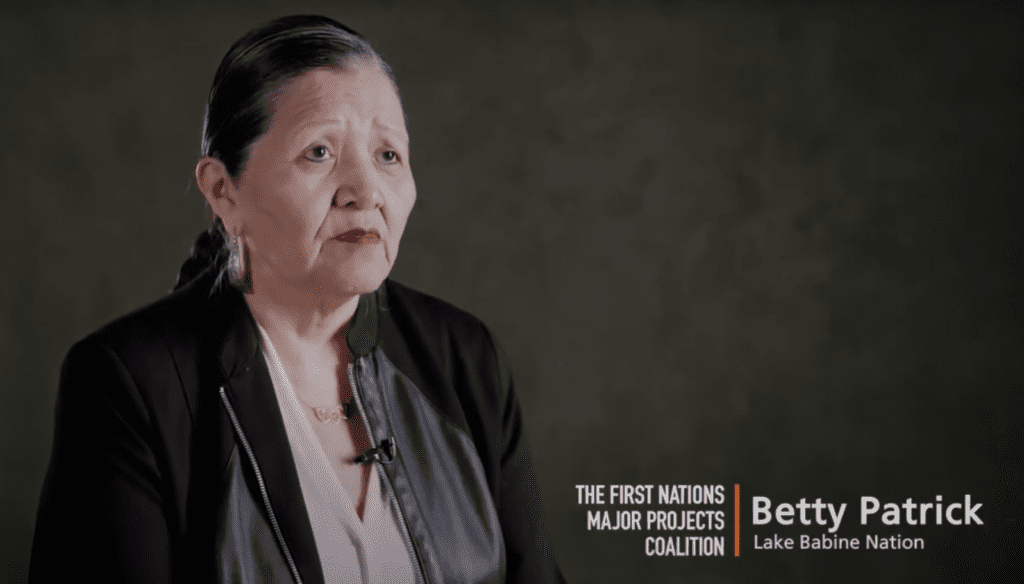

Episode 7
Assessing Impacts on Health, Culture, and Socioeconomic Well-being



